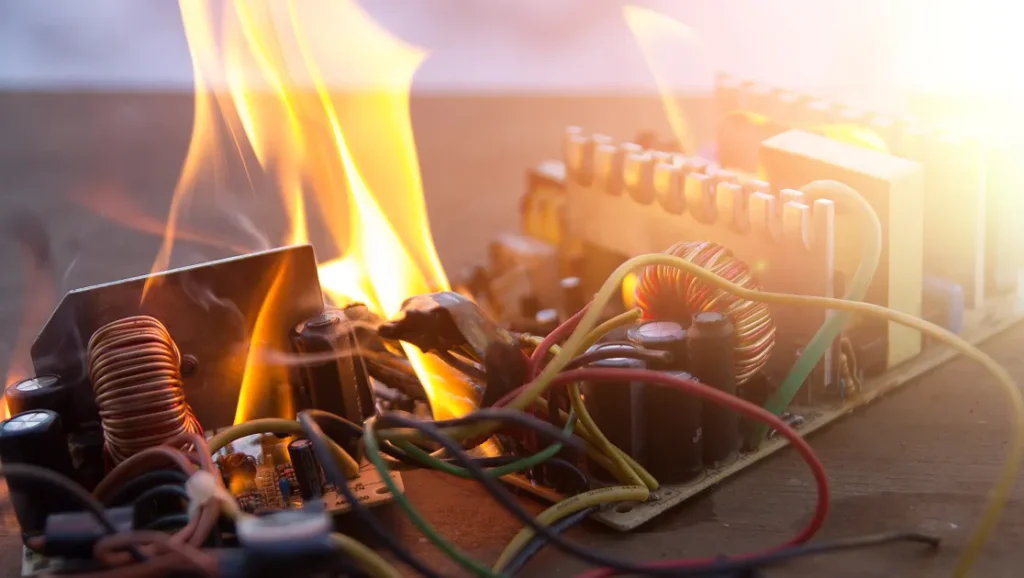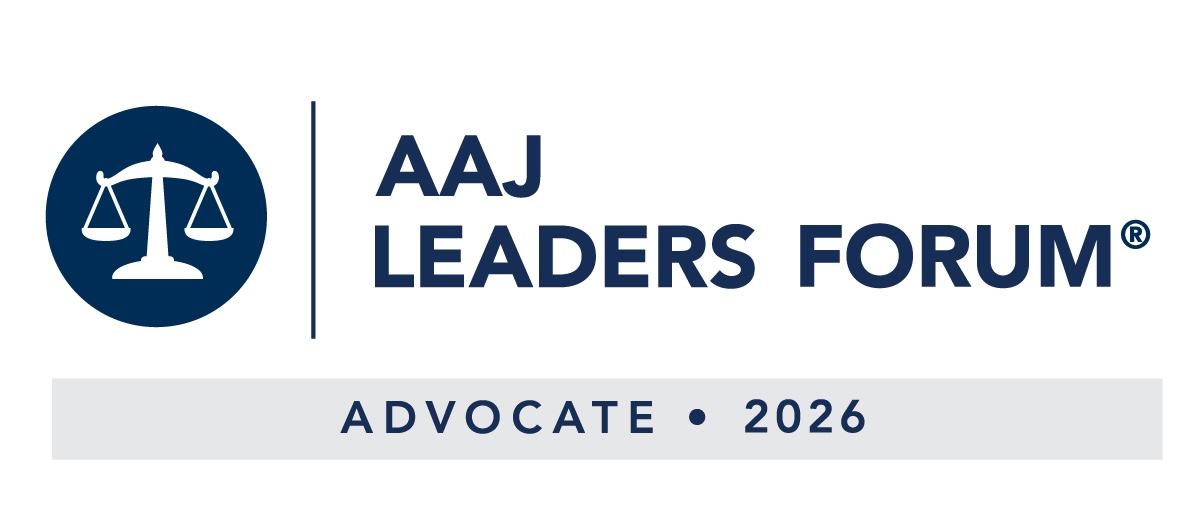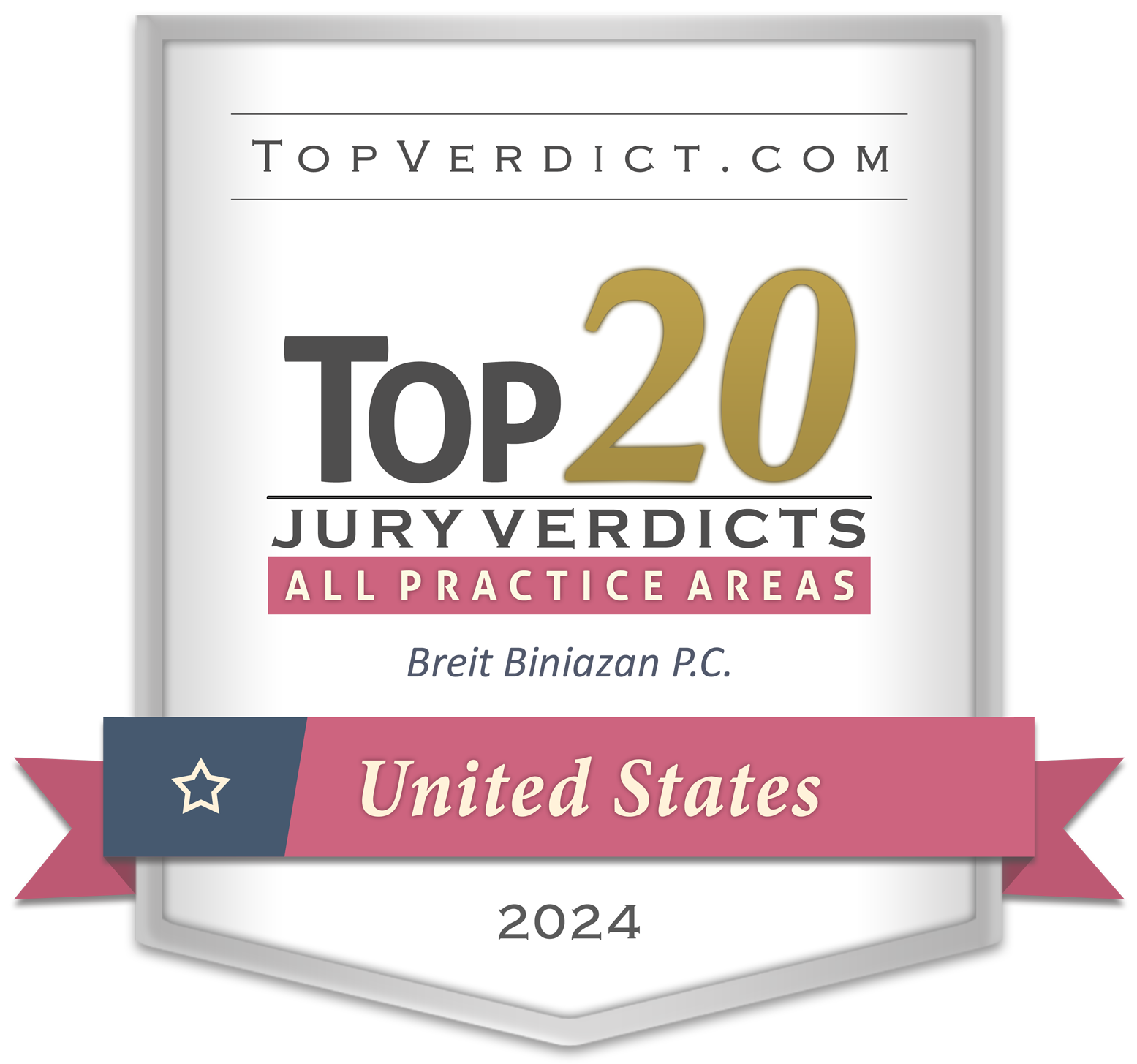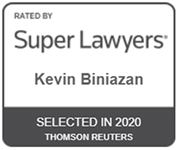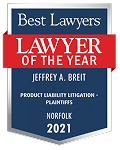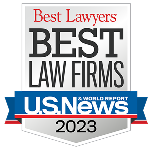Product liability is a crucial legal concept ensuring manufacturers, distributors, and retailers are held accountable for placing defective products into the hands of consumers. When it comes to machinery, defective equipment can lead to devastating injuries and fatalities.
At Breit Biniazan, we understand the complexities of product liability law and are committed to securing justice for those injured by faulty machinery. In this guide, we will provide comprehensive information on defective machinery claims, helping you understand your rights and the legal steps involved in seeking compensation.
Types of Defects in Machinery
Defective machinery can arise from several types of faults. Understanding these defects is essential for identifying liability in product liability cases:
- Defective Design: These defects are inherent to the machine’s blueprint. If the design itself poses a risk to users—such as inadequate safety guards or poor structural integrity—the manufacturer can be held liable for any resulting injuries.
- Defective Manufacturing: Even if a machine is properly designed, errors during the manufacturing process can render it dangerous. This includes issues like improper assembly, use of substandard materials, or failure to adhere to design specifications.
- Defective Marketing: Also known as failure to warn, this defect occurs when manufacturers fail to provide adequate instructions or warnings about the machine’s use. Users must be informed of potential risks to operate the machinery safely.
These defects can affect various types of equipment, including forklifts, cranes, power tools, and heavy construction machinery.
Manufacturer’s Responsibility in Product Liability Cases
Manufacturers are legally required to ensure their products are safe for consumer use. This responsibility extends to every stage of the product’s lifecycle—from design and manufacturing to marketing and distribution. Under U.S. product liability laws, manufacturers can be held strictly liable for defects, meaning they are responsible for damages regardless of whether they exercised care during the product’s creation.
Various federal and state regulations govern product safety standards. For instance, the Occupational Safety and Health Administration (OSHA) sets forth guidelines for machinery safety to protect workers. Failure to comply with these regulations can be strong evidence of negligence in a product liability case.
Common Injuries Caused by Defective Machinery
Defective machinery can lead to severe and often life-altering injuries. Common injuries include:
- Amputation of Limbs: Heavy machinery can cause traumatic amputations, leading to permanent disability and the need for lifelong medical care.
- Severe Burns and Disfigurement: Fires and explosions from faulty equipment can result in extensive burns, requiring multiple surgeries and long-term rehabilitation.
- Broken Bones: High-impact accidents can fracture bones, causing significant pain and prolonged recovery periods.
- Serious Lacerations and Scarring: Sharp edges or moving parts can cause deep cuts, leading to scarring and potential loss of function.
- Neck and Spinal Cord Injuries: These injuries can result in partial or complete paralysis, severely impacting the victim’s quality of life.
- Head and Brain Injuries, including TBI: Traumatic brain injuries can lead to cognitive impairment, emotional difficulties, and long-term health issues.
- Loss of Hearing/Vision: Machinery accidents can damage sensory organs, resulting in partial or total loss of hearing or vision.
- Torn Ligaments and Other Internal Injuries: Internal injuries from machinery accidents can be life-threatening and require immediate medical intervention.
Gathering Evidence for a Product Liability Claim
Proving a product liability claim involves gathering substantial evidence to demonstrate the defect and its direct link to the injury. Key pieces of evidence include:
- Product Specifications and Manuals: These documents can highlight design flaws or inadequate instructions.
- Maintenance and Inspection Records: Showing a history of issues with the machinery can support a claim of defective manufacturing or design.
- Witness Testimonies: Statements from co-workers, supervisors, or other witnesses can corroborate the circumstances of the accident.
- Expert Testimony: Engineers or product safety experts can provide insights into how the defect caused the injury.
At Breit Biniazan, our attorneys have the expertise to collect and present this evidence effectively, ensuring a strong case for our clients.
The Role of Negligence in Product Liability Cases
Negligence plays a critical role in product liability cases, particularly when proving a manufacturer failed to exercise reasonable care in the design, production, or marketing of machinery. To establish negligence, it must be shown that the manufacturer knew or should have known about the defect and did not take appropriate action to rectify it. This can include ignoring safety standards, failing to conduct adequate testing, or neglecting to issue recalls for defective products.
Proving Causation in Machinery Defect Cases
In defective machinery cases, proving causation is essential. This means demonstrating that the defect directly caused the injury. To establish this, the following elements must be shown:
- Existence of a Defect: Evidence must prove that a defect existed in the machinery.
- Injury Occurred: The plaintiff must have suffered an actual injury.
- Direct Link: There must be a direct link between the defect and the injury, showing that the defect was the proximate cause of the harm.
Expert witnesses often play a crucial role in proving causation by explaining the technical aspects of how the defect led to the injury.
Potential Damages in Product Liability Claims
Victims of defective machinery accidents may be entitled to various types of damages, including:
- Medical Expenses: Covering costs for emergency care, surgeries, rehabilitation, and ongoing medical treatments.
- Lost Wages: Compensation for income lost due to the inability to work.
- Pain and Suffering: Damages for physical pain and emotional distress caused by the injury.
- Disability and Disfigurement: Compensation for permanent disabilities or disfigurement resulting from the accident.
- Loss of Consortium: Damages awarded to family members for the loss of companionship and support due to the victim’s injury.
Class Action Lawsuits and Multi-Party Litigation
In cases where defective machinery has injured multiple individuals, a class action lawsuit may be appropriate. Class actions allow numerous plaintiffs to consolidate their claims against a single defendant, streamlining the legal process and increasing the chances of a favorable outcome. Multi-party litigation can be complex, requiring skilled legal representation to navigate the intricacies of collective claims.
Preventing Machinery Defects: Safety Regulations and Standards
Preventing machinery defects is a shared responsibility involving manufacturers, regulatory bodies, and employers. Adhering to safety regulations and standards is essential to mitigate risks. OSHA provides comprehensive guidelines for machinery safety, including requirements for machine guarding, regular maintenance, and employee training. Compliance with these regulations is critical in preventing accidents and ensuring a safe work environment.
At Breit Biniazan, we are dedicated to helping those injured by defective machinery receive the compensation they deserve. If you or a loved one has been harmed by faulty equipment, contact us for a free, confidential consultation. Our experienced defective machinery attorneys will guide you through the legal process, fighting for your rights and holding negligent parties accountable.
